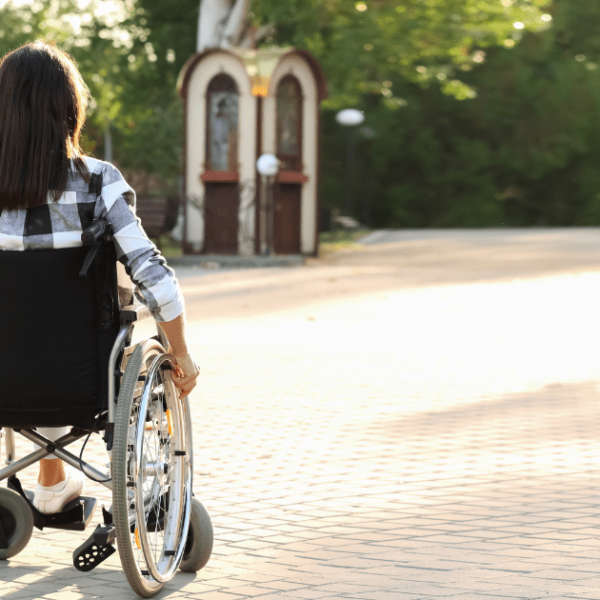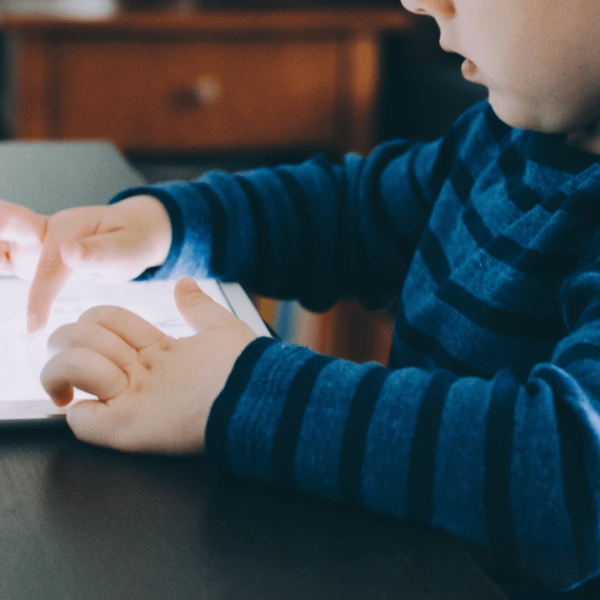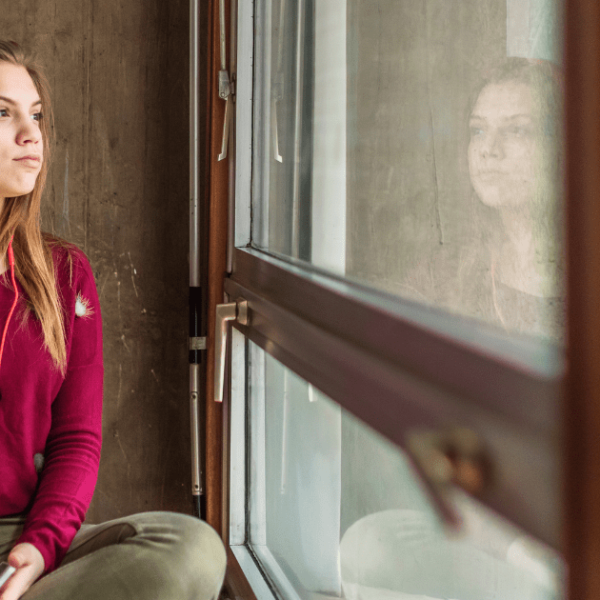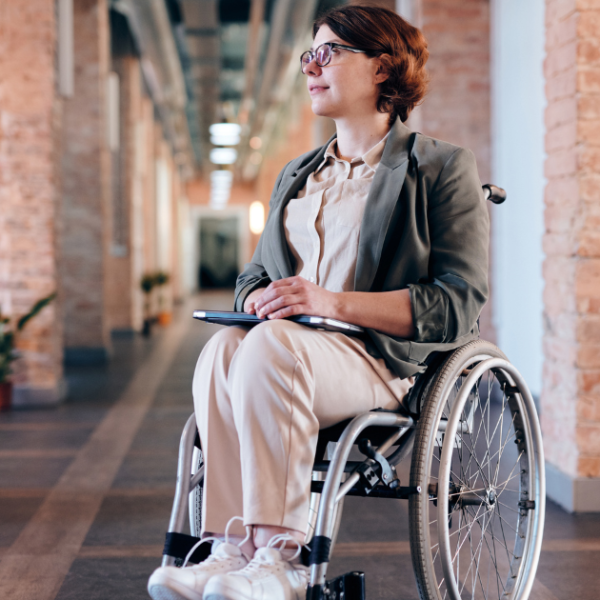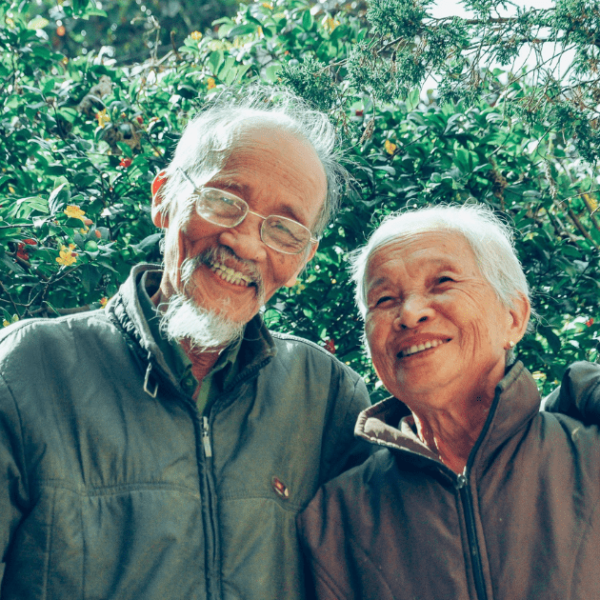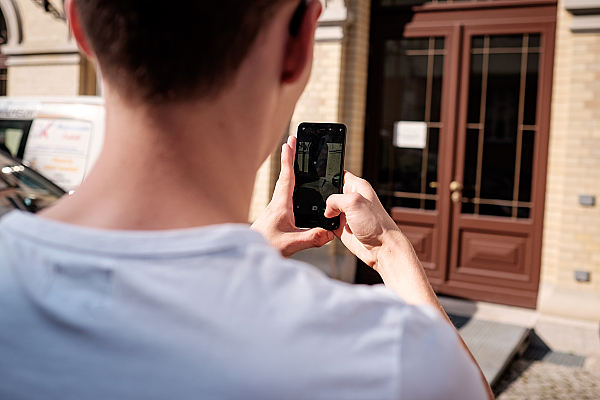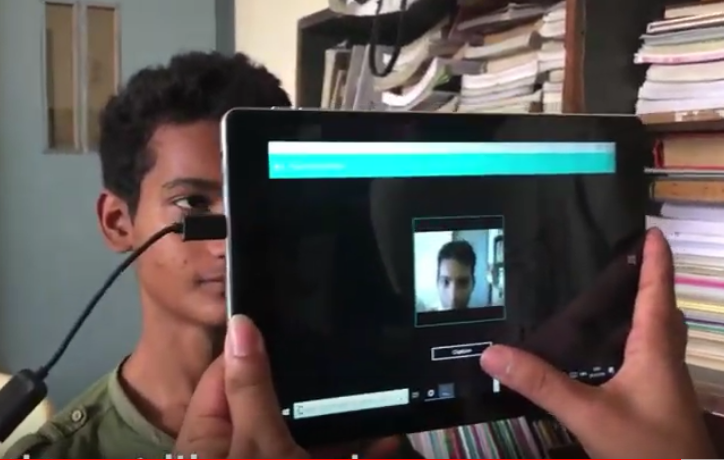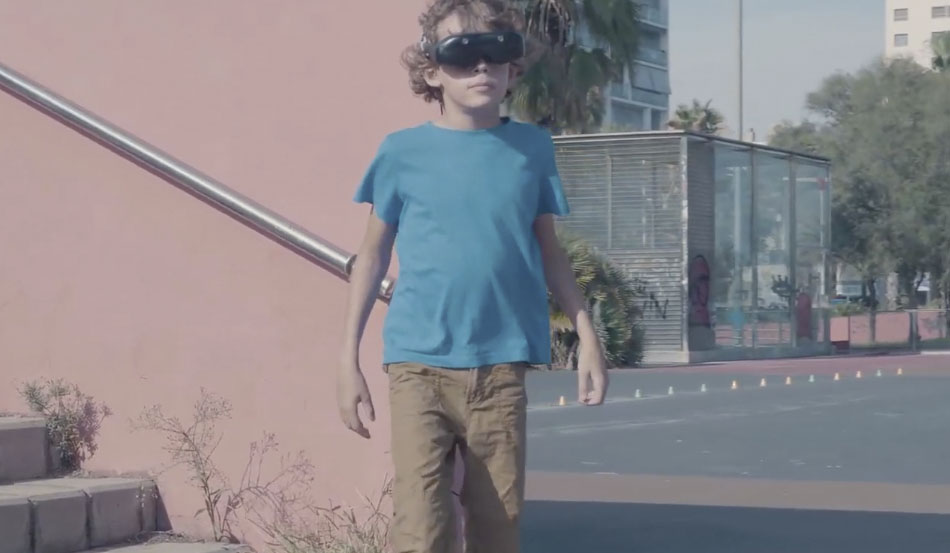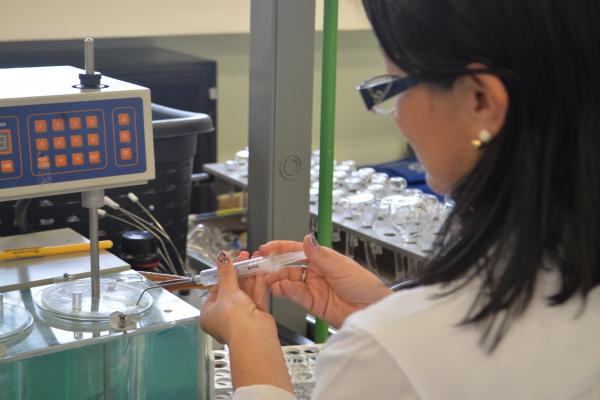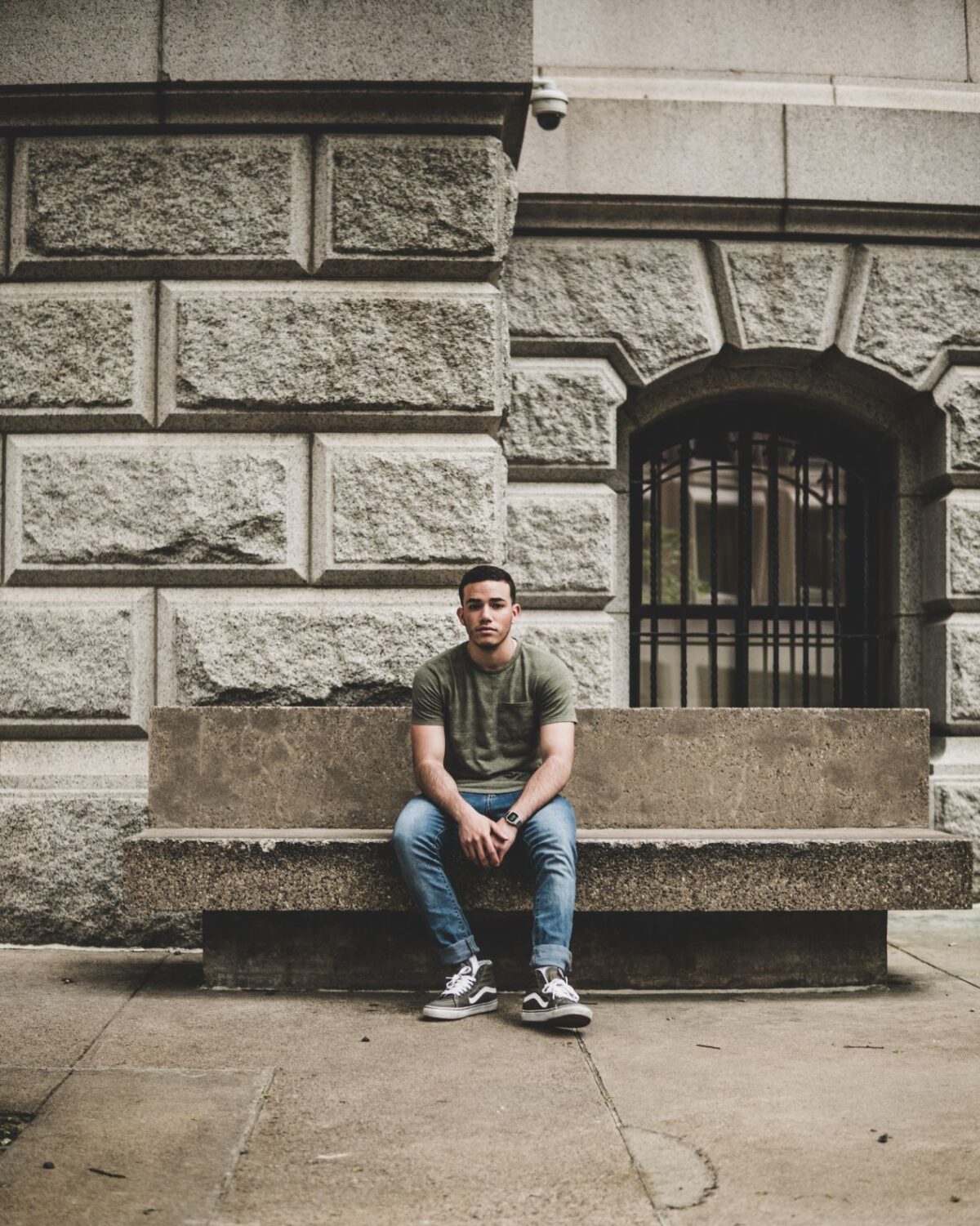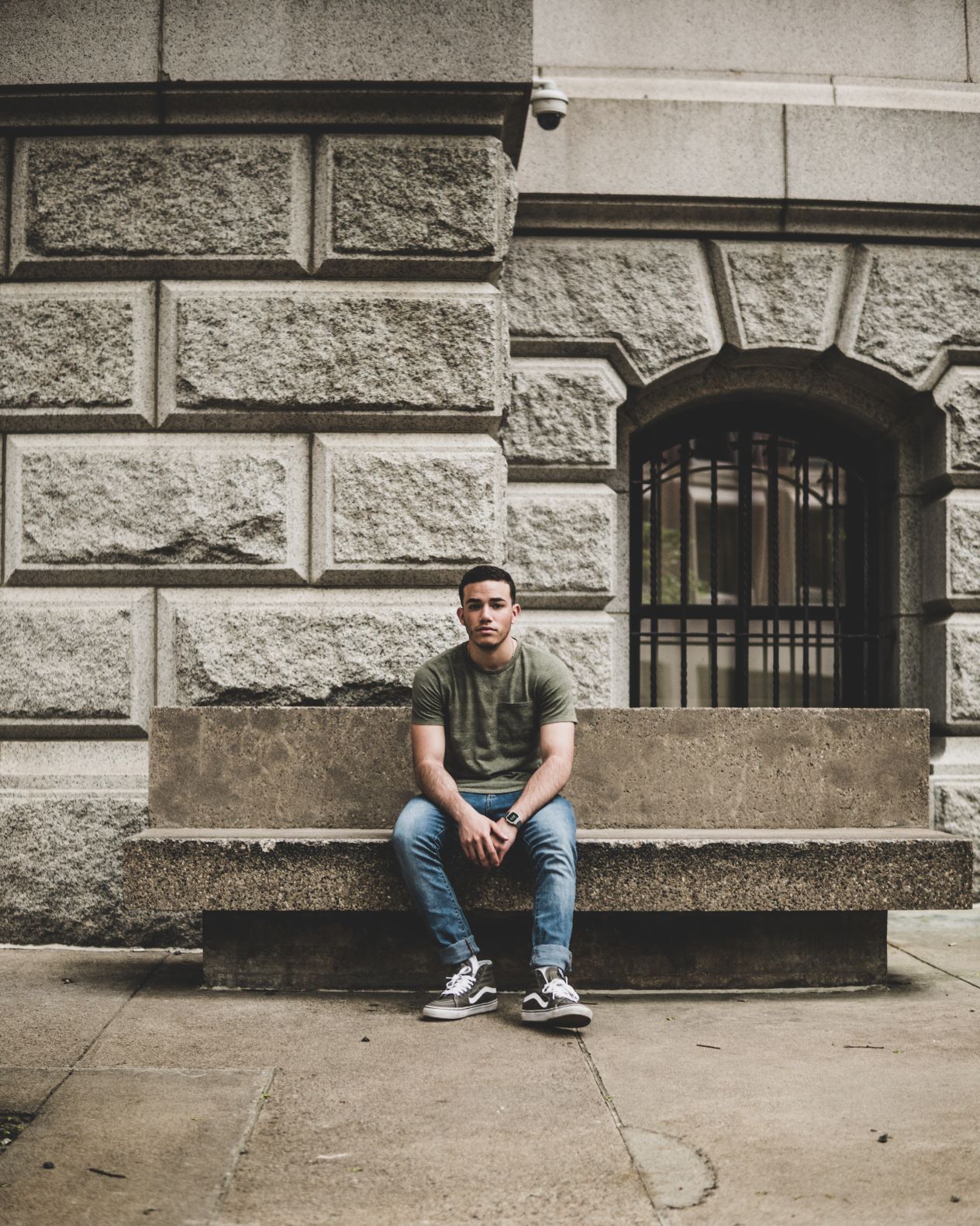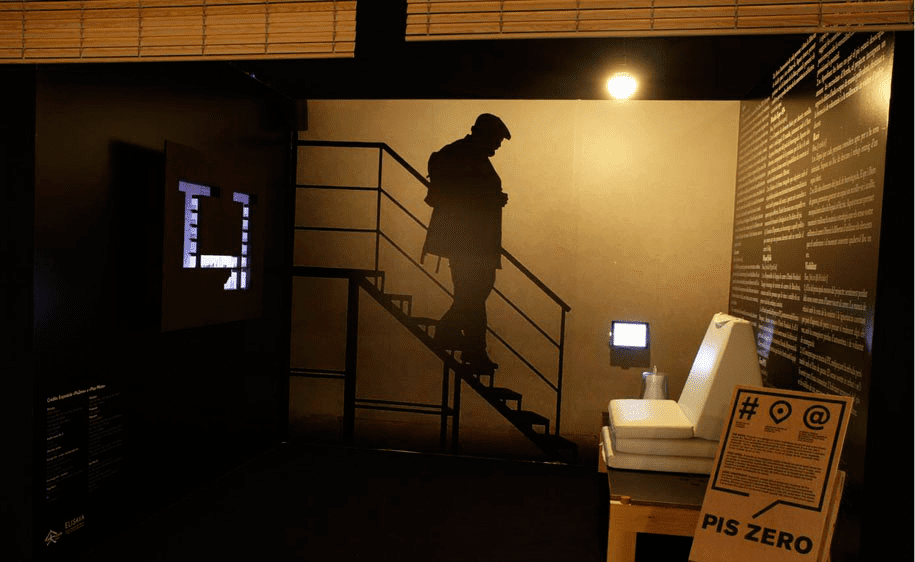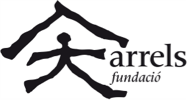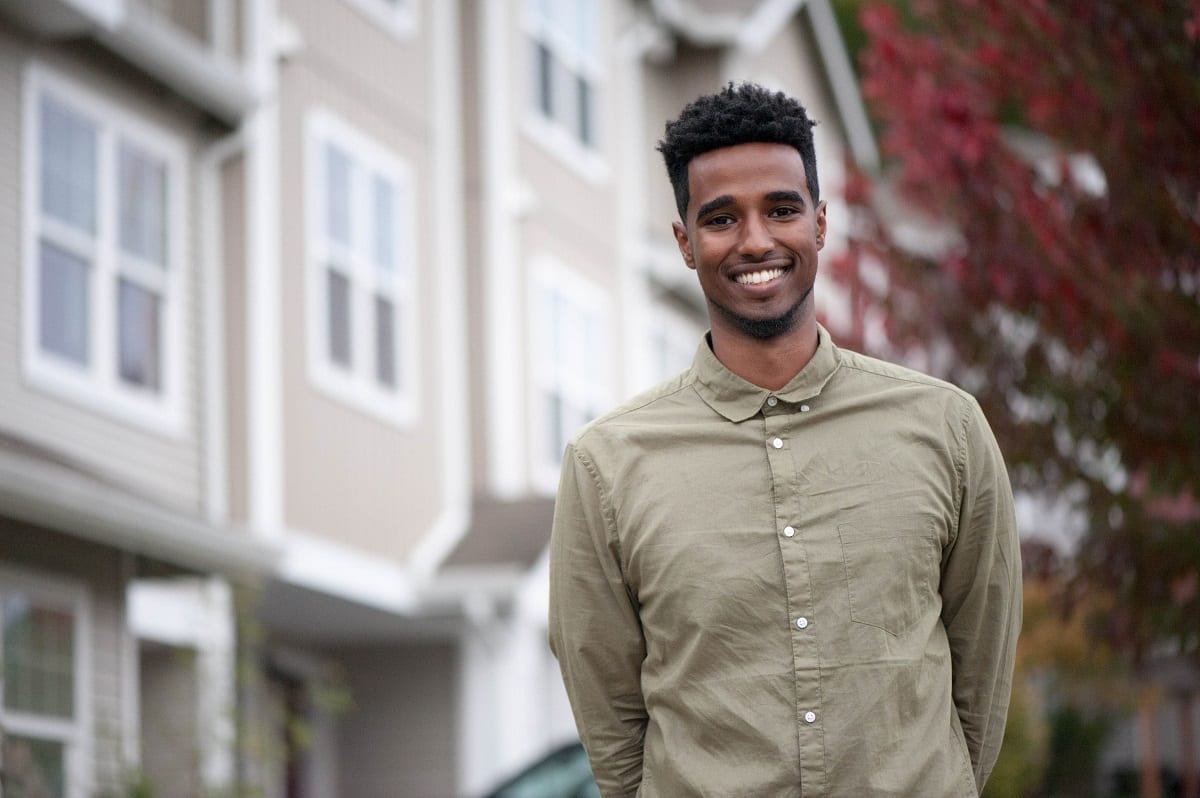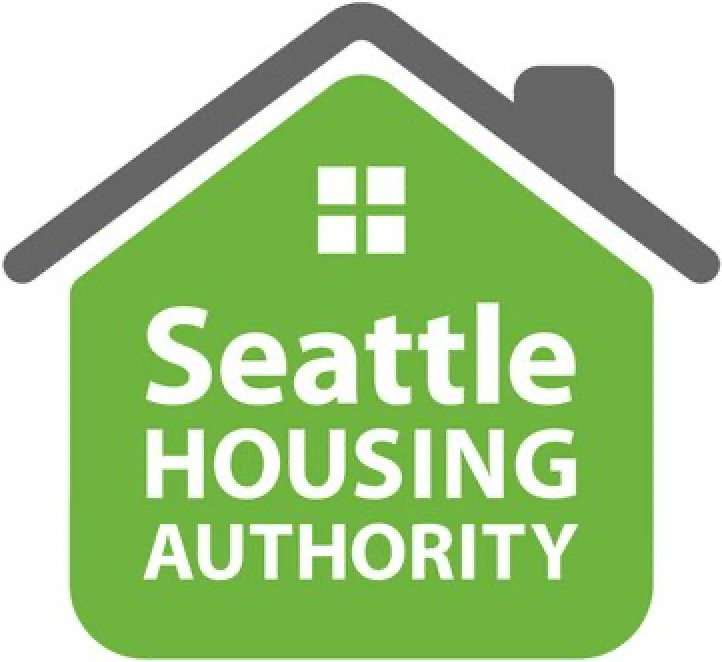Nextdoor, global platform against neighbourhood isolation and unwanted loneliness
Nextdoor, global platform against neighbourhood isolation and unwanted loneliness
Nextdoor

Neighbours accompanying each other through Nextdoor
Virtual platform connecting neighbours and fighting against unwanted loneliness. Today it is used by neighbours of 265, 000 neighbourhoods in 11 countries, and during the Covid-19 pandemic it has been of great service to millions of people. It also has versions in Catalan and Spanish.
Nextdoor starts from the observation that today most citizens of large urban areas do not know their neighbours beyond casual encounters on the staircase or the street. Nextdoor is an online platform that wants to change this by creating more united and communitarian neighbourhoods using technology to eliminate possible barriers. It consists of a virtual forum where neighbours can post consultations, recommendations for local services, requests for help or interest information about the neighbourhood. All users must verify their belonging to a particular neighbourhood, so that communications are within the framework of this neighbourhood and are secure.
Nextdoor has been of great service during the Covid-19 pandemic thanks to initiatives such as #CuentaConmigo, which fights unwanted loneliness through video calls between neighbours, so that they can meet each other and share a time of their day-to-day lives. In addition, during the pandemic, they also launched a solidarity map so that neighbours could share their needs and help each other. It is a way to connect with other people and create a more united community; a unity that can then move to life outside the screen.
Characteristics of innovation
Location
11 countries, 265.000 neighbourhoods
Partners/Funders
Benchmark, Shasta Ventures, Greylock Partners, Kleiner Perkins, Riverwood Capital, Bond, Axel Springer, Comcast Ventures and others.
Genesis
The Nextdoor platform was launched in 2011 in San Francisco (USA) to give answer to the need to connect neighbours and recover communities that over the years had been lost. The goal was that the created interactions would not be left in the online world, but would then be transferred to the real world.
Level of implementation
Nextdoor is present in 11 countries: United States, United Kingdom, Netherlands, France, Germany, Italy, Spain, Austria, Denmark, Sweden and Canada. It has a presence in more than 265, 000 neighbourhoods around the world and more than 50 million recommendations made by neighbours.

Banc d’innovacions

